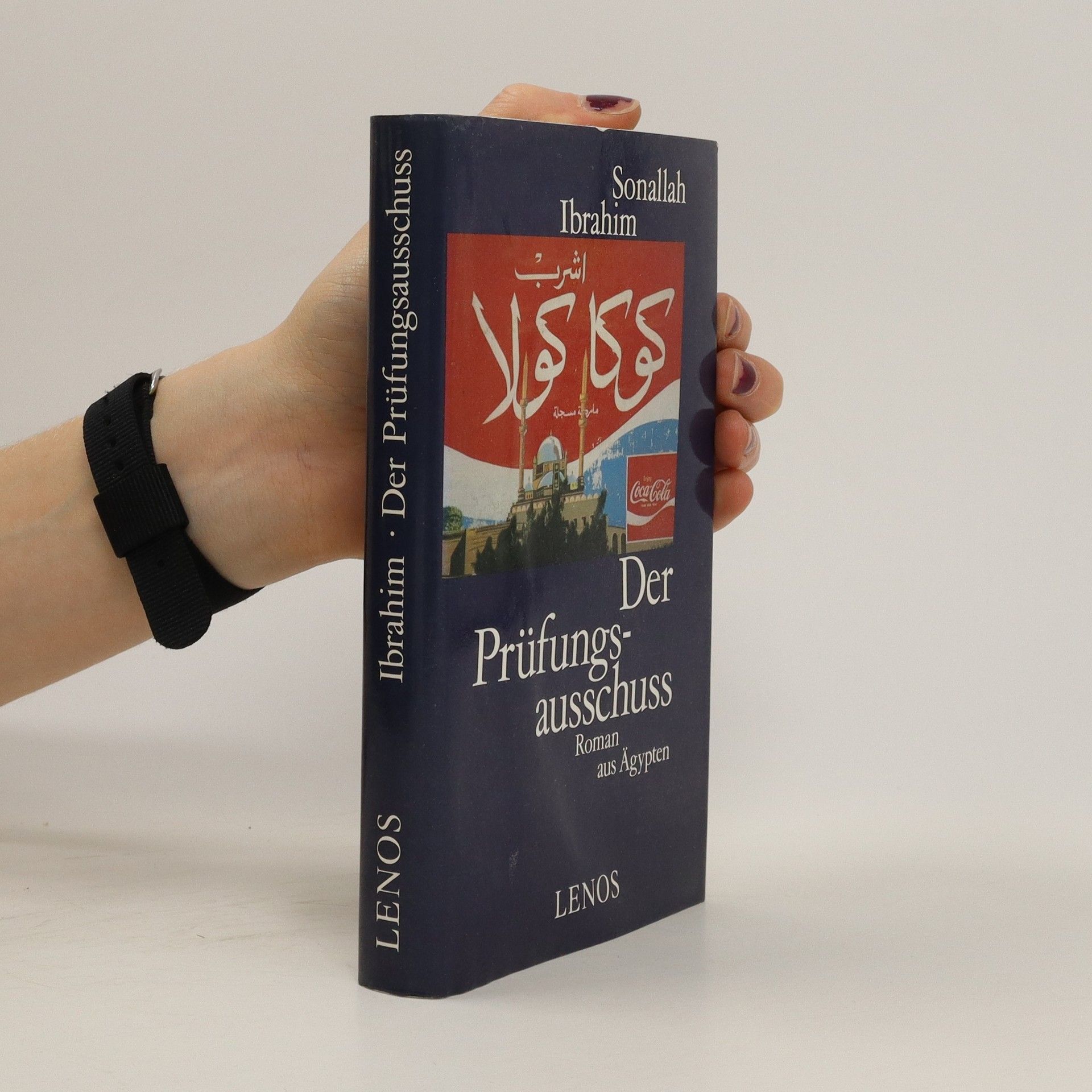Warda
- 376pages
- 14 heures de lecture
Sonallah Ibrahim's 2000 masterpiece offers readers a view of twentieth-century world events through the diary pages of his titular character.
Sonallah Ibrahim, figure marquante de la "Génération des années soixante", est un romancier et nouvelliste égyptien dont l'œuvre se caractérise par l'expression directe de ses opinions de gauche et nationalistes. Ses récits, en particulier les œuvres ultérieures, intègrent fréquemment des extraits de journaux et de magazines pour éclairer les questions sociopolitiques. Son précédent emprisonnement pour ses opinions politiques a influencé ses débuts, l'une des premières œuvres modernistes de la littérature égyptienne. Le style distinctif d'Ibrahim se caractérise par sa franchise et son utilisation de sources contemporaines pour offrir une représentation réaliste de la réalité.




Sonallah Ibrahim's 2000 masterpiece offers readers a view of twentieth-century world events through the diary pages of his titular character.
A novel of the invasion and occupation of Egypt by Napoleonic France as seen through the eyes of a young Egyptian. The Napoleonic-era French invasion and occupation of Egypt are often seen as the Arab world's first encounter with the military and technological prowess of the West--and it came as a terrible shock. The Turban and the Hat tells the story of those three tumultuous years from the perspective of a young Egyptian living in late-eighteenth-century Cairo. Knowing some French, he works as a translator for the occupiers. He meets their scientists and artists, has an affair with Bonaparte's mistress, and accompanies the disastrous campaign to take Syria, where he witnesses the ravages of the plague and the horrific barbarism of war. He is astonished by the invaders' lies and propaganda, but he finds that much of what he thought he knew about his fellow Egyptians was also an illusion. Convincing in its history but rich in themes that resonate today, The Turban and the Hat is a story of resistance, but also of collaboration, cooperation, and corruption. Sonallah Ibrahim, one of Egypt's foremost novelists, gives us a marvelous account of the Western occupation of an Arab land, one that will resonate with contemporary readers. His portrayal of this tragic--and at times comic--"clash of civilizations" is never didactic, even as it reminds us that so many lessons of history go unlearned.
That Smell is Sonallah Ibrahim’s modernist masterpiece and one of the most influential novels written in Arabic since WWII. Composed after a five-year term in prison, the semi-autobiographical story follows a recently released political prisoner as he wanders through Cairo, adrift in his native city. Living under house arrest, he tries to write of his tortuous experience, but instead smokes, spies on the neighbors, visits old lovers, and marvels at Egypt’s new consumer culture. Published in 1966, That Smell was immediately banned and the print-run confiscated. The original, uncensored version did not appear in Egypt for another twenty years. For this edition, translator Robyn Creswell has also included an annotated selection of the author’s Notes from Prison , Ibrahim’s prison diaries—a personal archive comprising hundreds of handwritten notes copied onto Bafra-brand cigarette papers and smuggled out of jail. These stark, intense writings shed unexpected light on the sources and motives of Ibrahim’s groundbreaking novel. Also included in this edition is Ibrahim’s celebrated essay about the writing and reception of That Smell .